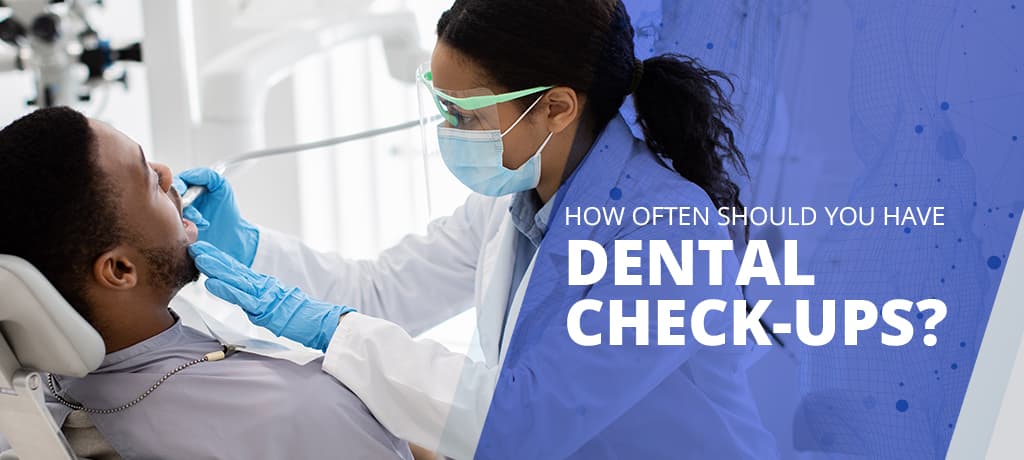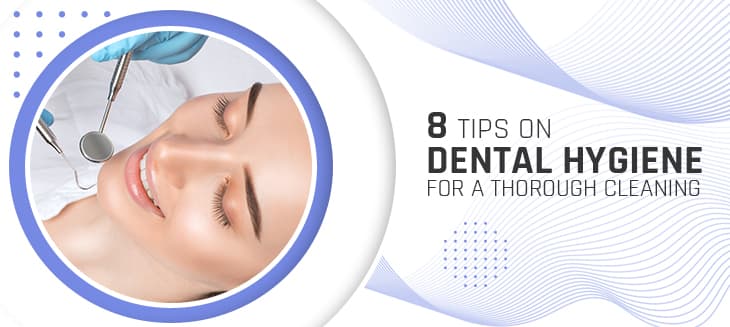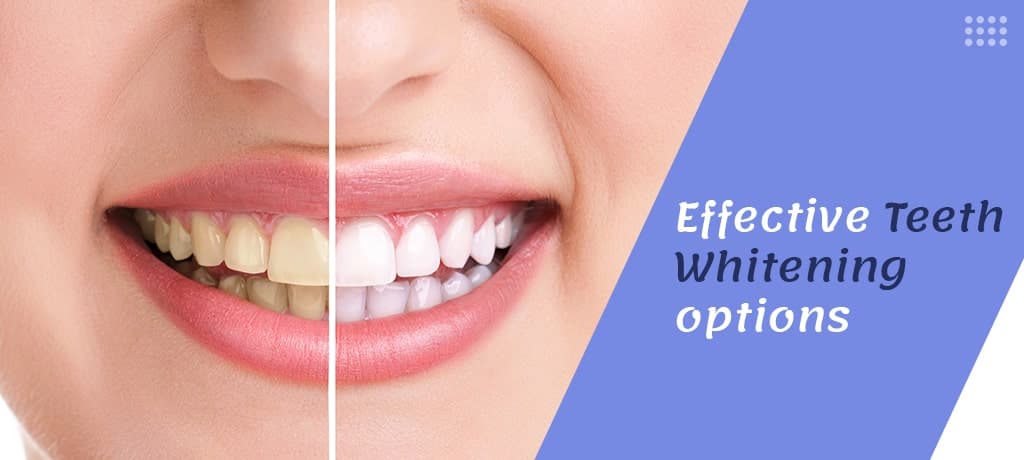How Often Do You Need to Visit the Dentist for a Check-Up?
Regular dental check-ups are essential for maintaining good oral health. But how often should you really be visiting your dentist?
The General Recommendation
Most dental professionals recommend visiting the dentist every six months. However, this isn't a one-size-fits-all rule.
Factors That Affect Frequency
- Your overall oral health
- Risk of dental diseases
- Smoking habits
- Diabetes or other health conditions
- Pregnancy
Conclusion
The best approach is to discuss with your dentist or hygienist to determine the right check-up frequency for your individual needs.









